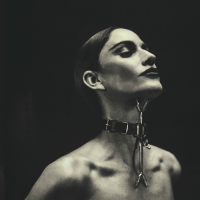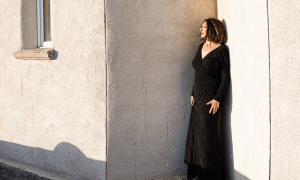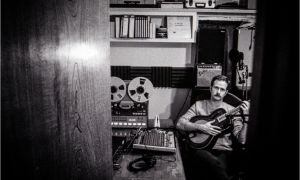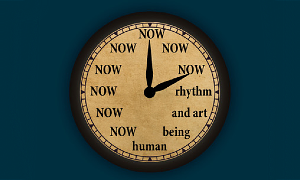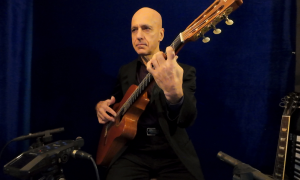Harvey Korman, an Emmy-winning comedic actor best known for playing the self- described “luminous second banana" for a decade on television's The Carol Burnett Show and for starring in such Mel Brooks films as Blazing Saddles, has died. He was 81.
Korman, who had undergone several major operations, died Thursday at UCLA Medical Center of complications from an abdominal aortic aneurysm that ruptured four months ago, his daughter, Kate Korman, told The Times.
With a knack for physical humor and oddball accents, Korman was a master sketch comic who did his best-known work on Burnett's variety show beginning in 1967 in an ensemble that included Tim Conway.
“It's a 45-year friendship," Conway said. “It was a great ride; we worked together probably 30 years, plus the Burnett show, which was about as good as it gets."
Brooks called Korman “a major, major talent, and he could have very easily have done Shakespearean drama. That's how gifted and talented Harvey was. . . . I loved working with him."
Conway said Korman had “a complete understanding of comedy and comedy timing."
The show which steadfastly stayed in television's top 10 during its run, Korman showcased his versatility -- playing a robust Yiddish matron in one skit, then reappearing as a comic Rhett Butler while sending up “Gone With the Wind" with the show's star. He scored as the big-bosomed Mother Marcus and hapless Ed, who was a member of the incredibly dysfunctional “Mama's Family," one of the more popular skits that became a series in the 1980s.
“Give me something bizarre to play, or put me in a dress and I'm fine," Korman jokingly said in a 2005 Chicago Sun-Times interview.
Korman and Conway developed an uncanny rapport that made them arguably one of television's most lethal comic teams; Conway's on-camera ad-libs often made Korman crack up, and producers wisely kept them in the show.
For about eight years, until late last December, the pair toured the country in a stage show that, more than anything, was an homage to their years with Burnett. They performed about 120 shows a year.
“I don't know whether either one of us was the straight man," Conway said. “The most important thing in comedy when you're working together is for one guy to know when to shut up. And we both knew when to shut up; quiet show, actually."
Korman, who had undergone several major operations, died Thursday at UCLA Medical Center of complications from an abdominal aortic aneurysm that ruptured four months ago, his daughter, Kate Korman, told The Times.
With a knack for physical humor and oddball accents, Korman was a master sketch comic who did his best-known work on Burnett's variety show beginning in 1967 in an ensemble that included Tim Conway.
“It's a 45-year friendship," Conway said. “It was a great ride; we worked together probably 30 years, plus the Burnett show, which was about as good as it gets."
Brooks called Korman “a major, major talent, and he could have very easily have done Shakespearean drama. That's how gifted and talented Harvey was. . . . I loved working with him."
Conway said Korman had “a complete understanding of comedy and comedy timing."
The show which steadfastly stayed in television's top 10 during its run, Korman showcased his versatility -- playing a robust Yiddish matron in one skit, then reappearing as a comic Rhett Butler while sending up “Gone With the Wind" with the show's star. He scored as the big-bosomed Mother Marcus and hapless Ed, who was a member of the incredibly dysfunctional “Mama's Family," one of the more popular skits that became a series in the 1980s.
“Give me something bizarre to play, or put me in a dress and I'm fine," Korman jokingly said in a 2005 Chicago Sun-Times interview.
Korman and Conway developed an uncanny rapport that made them arguably one of television's most lethal comic teams; Conway's on-camera ad-libs often made Korman crack up, and producers wisely kept them in the show.
For about eight years, until late last December, the pair toured the country in a stage show that, more than anything, was an homage to their years with Burnett. They performed about 120 shows a year.
“I don't know whether either one of us was the straight man," Conway said. “The most important thing in comedy when you're working together is for one guy to know when to shut up. And we both knew when to shut up; quiet show, actually."






